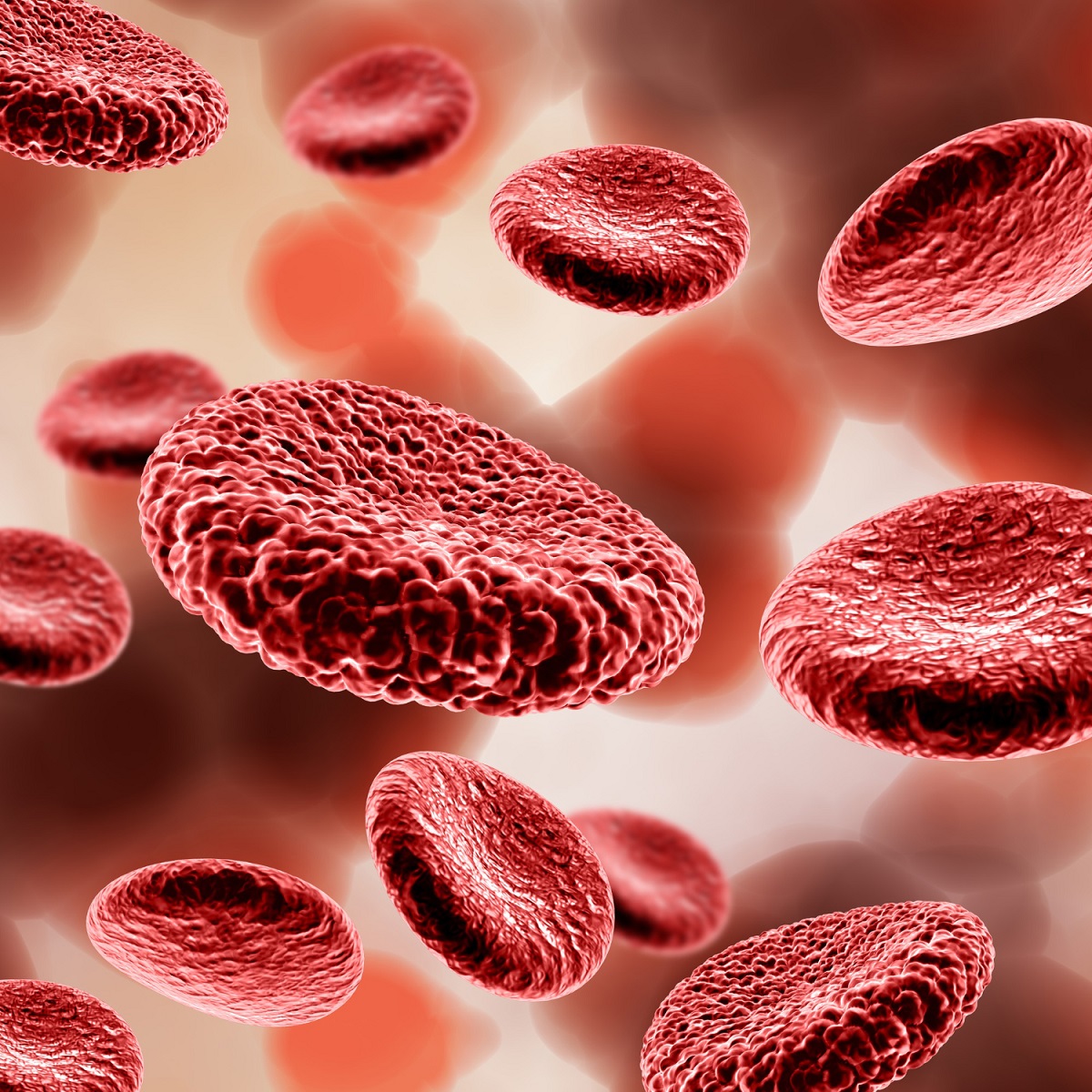KEY TAKEAWAYS
- The study aimed to investigate the efficacy of a novel immune cell-based regimen, Phyduxon-T, combining IKDCs and expanded TAA-specific CD8 T cells, for enhanced cancer treatment.
- Researchers noticed a significant enhancement in cancer immunotherapy efficacy with Phyduxon-T, suggesting its potential as a promising treatment strategy for cancer patients.
Despite the longstanding use of immune cell therapy in solid cancer including ovarian cancer treatment, its efficacy remains constrained. Interferon (IFN) -producing killer dendritic cells (IKDCs) possess cytotoxicity and antigen presentation capabilities, holding promise for cancer therapy by selectively stimulating tumor-associated antigen (TAA)-specific CD8 T cells.
However, complexities in IKDC amplification from peripheral sources hinder widespread clinical adoption. Moreover, the adoptive transfer of IKDCs to immunocompromised cancer patients may prove insufficient in inducing TAA-specific CD8 T cells.
Chih-Hao Fang and the team aimed to assess the efficacy of a novel immune cell-based regimen, Phyduxon-T, was developed, comprising Phyduxon, a human IKDC counterpart, and expanded TAA-specific CD8 T cells.
They performed an inclusive analysis wherein peripheral blood mononuclear cells from ovarian cancer patients were cultured with human interleukin (hIL)-15, hIL-12, and hIL-18 to generate Phyduxon-T. Its phenotype, cytotoxicity, and antigen-presenting function were evaluated through flow cytometry using specific monoclonal antibodies.
Phyduxon exhibited the characteristics of both natural killer and dendritic cells. This regimen also demonstrated cytotoxicity against primary ovarian cancer cells and presented TAAs, thereby inducing TAA-specific CD8 T cells, as evidenced by the expression of 4-1BB and IFN-γ. Notably, the Phyduxon-T manufacturing protocol effectively expanded IFN-γ-producing 4-1BB+ TAA-specific CD8 T cells from peripheral sources; these cells exhibited cytotoxic activities against ovarian cancer cells.
The study concluded that Phyduxon-T, comprising natural killer cells, dendritic cells, and TAA-specific CD8 T cells, holds promise for enhancing the efficacy of cancer immunotherapy.
The study was supported by FullHope Biomedical Co.,Ltd.
Source: https://pubmed.ncbi.nlm.nih.gov/38549061/
Fang CH, Cheng WF, Cheng YF, et al. (2024). “Characterization of tumoricidal activities mediated by a novel immune cell regimen composing interferon-producing killer dendritic cells and tumor-specific cytotoxic T lymphocytes.” BMC Cancer. 2024 Mar 28;24(1):395. doi: 10.1186/s12885-024-12101-3. PMID: 38549061; PMCID: PMC10979599.



